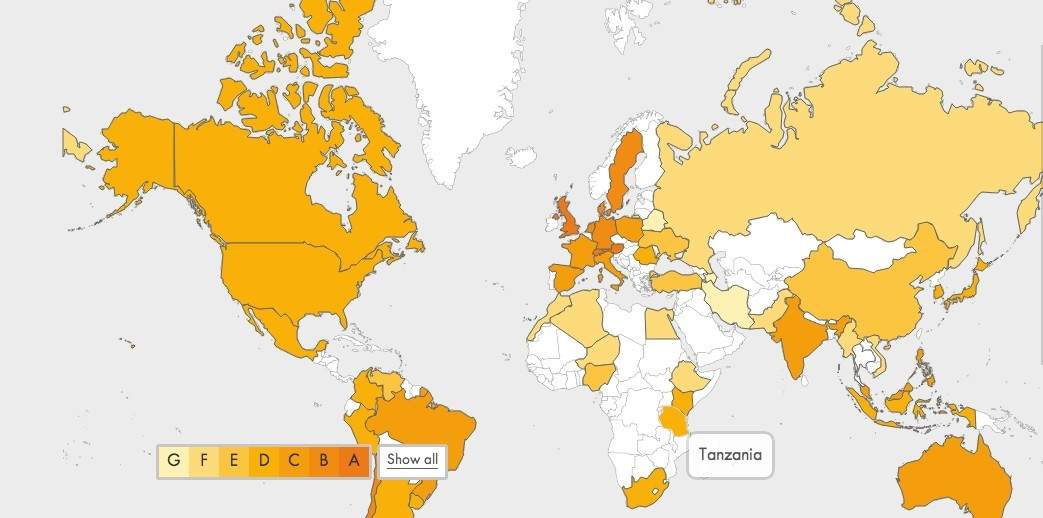Research questions ③
To continue with my research questions...
・What is the current situation on adopting in Japan??
The truth about this matter is that, it hasn't exactly been done as much as other countries.
The animals brought to the shelters are usually euthanized in 3 to 7 days unless they find a new home. This means that most of the animals that are sent to the shelters end up not being saved.
Of course, having a pet is a huge responsibility and not something people could easily decide,. However, for pets taken into shelters, they don't have much time to patiently wait for new owners, they only have few days.
In addition, the shelter is not a place with unlimited money and space. They have a number of animals they could keep. This is one of the reasons animals cannot exactly be kept alive much longer.
・Why do Japanese government impose more tax on animal shelters not to save them, but to euthanize them??
The answer to this question, as I mentioned above is that there is just too much abandoned animals for too limited space and money to take care of all of them. Which leads to having to euthanize most of them in early stages.
・What are changes that should be made regarding animal rights and adoption in Japan right now??
In my opinion, the first thing to do is to spend tax on a much better place. For example, impose much taxes on selling dogs or cats for pet shops in the first place, or impose taxes on people who try to get rid of their pets for their own reasons and benefits.
Another is what I am personally trying to do throughout this blog which is to raise awareness of these situations in shelters, or in animal testing to as much people as possible. I feel for young generations, a debate on twitter could be amazing and could spread easily.
Lastly, to advertise adopting!! The number of sheltered animals is not going to decline itself. We human beings have to take actions to help these animals!!
I think advertising more and more using the media, thee internet, sns is essential!!
・Which country has the least abandoned and murdered animals regarding shelters and animal testing??
In other words, which country is the most animal friendly??

This is a graph that rates how friendly they treat animals in different countries ranking "A" the most friendliest and "D" not so much.
The UK, Switzerland, Austria and New Zealand ranked well.
On the other hand America ranked worse for poor live stock protection and a lack of humane education.
・What does an animal friendly country do?? What does a not so animal friendly country do?
What is the difference?
I read in an article that in some country they eat cow but in some country they grow love towards the enough not to use them for their benefits, but to treat them as family. It may seem odd having a cow as a pet, but it sure is friendly to the animal.
In other countries, they don't have enough of a warm heart to let wolves raising their baby child survive even a little bit longer.
These are some of the differences, culture or religion might affect how they treat animals, however I hope one day people could all feel that animals are an equal to us and that we should protect animal rights to the fullest!!
PECO. (n.d.). Retrieved July 26, 2017, from https://peco-japan.com/
Cronin, M. (2014, December 01). Which Countries Are Kindest To Animals? Retrieved July 26, 2017, from https://www.thedodo.com/animal-protection-by-countries-852208021.html#

I think the account of which countries are "kindest" to animals is highly biased. America can only be seen as "animal friendly" if factory farms (where the majority of livestock for consumption are raised) are excluded. You did a nice job summarizing this information though.
返信削除Cheers,
Joseph D.